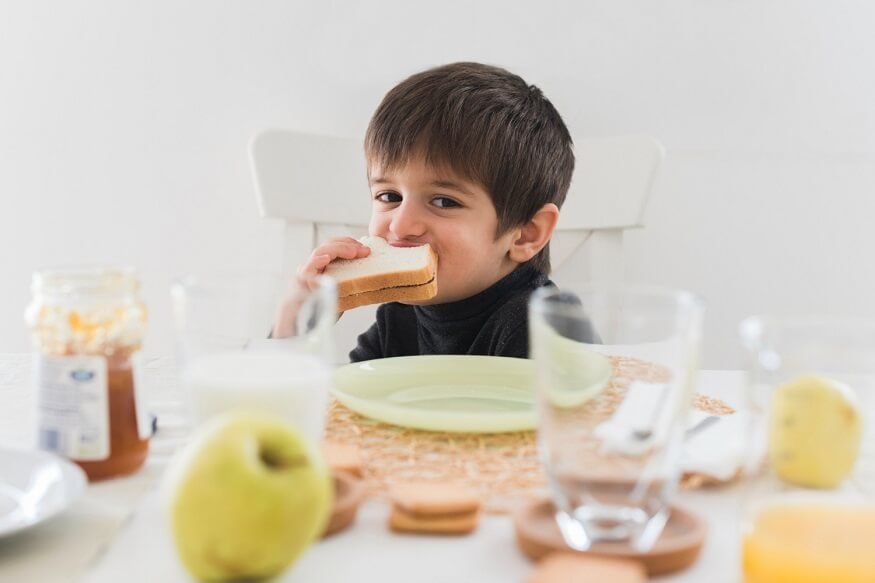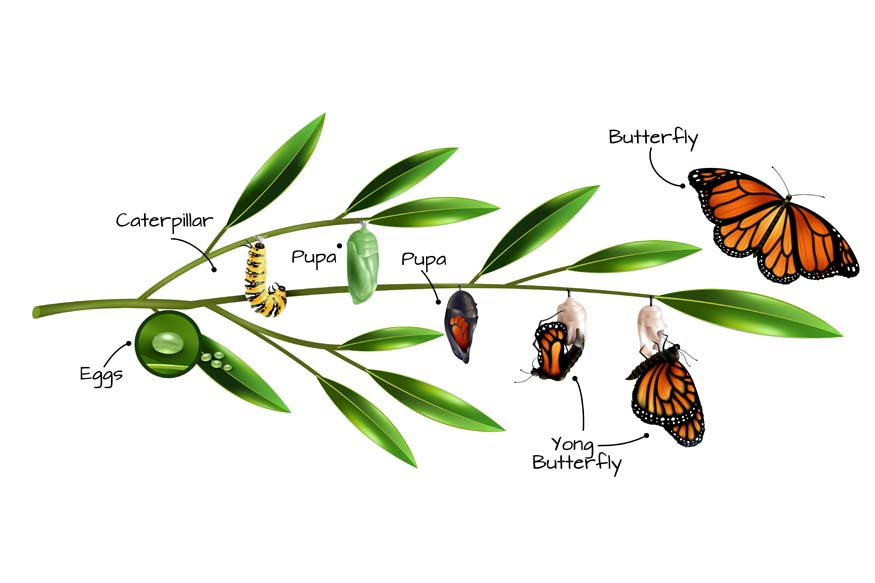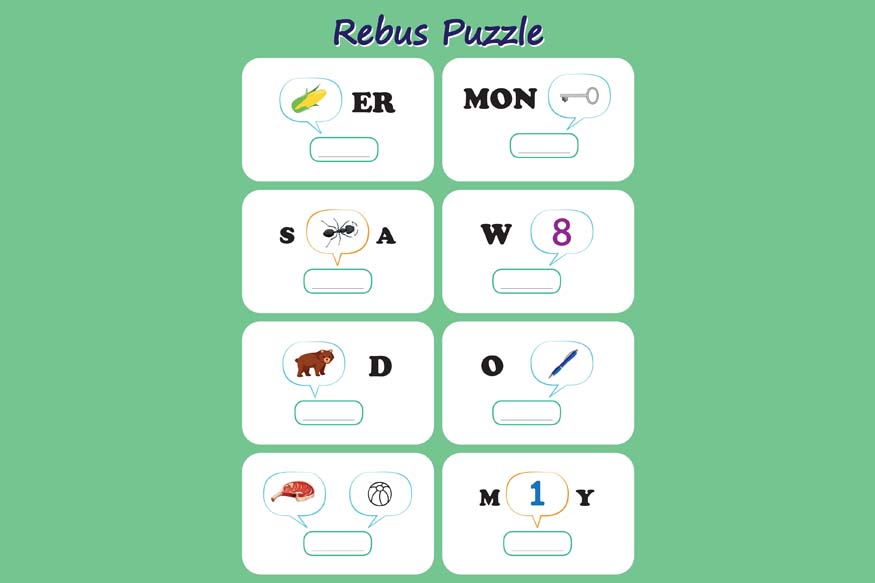Everyone needs food to live, but the kind of food we choose affects our quality of life. That’s why healthy eating habits should begin in childhood. Good nutrition is vital for children’s growth and development. Teaching kids about healthy eating early on helps them make better choices throughout their lives.
In a world filled with fast and processed foods, it is crucial to educate children on the importance of a balanced diet that includes all essential nutrients.
Understanding healthy habits
Healthy habits include actions that support your body, mind, and emotions, helping you feel good overall. This covers activities like eating well, staying active, getting enough sleep, taking care of your mental health, and building postive relationships. Performing these activities regularly can improve your health over time and help avoid long-term illnesses.
Importance of healthy eating habits
Good habits help kids grow up happy and healthy. They also help prevent health issues like diabetes, high blood pressure, high cholesterol, heart disease, and cancer. In the following sections, we will focus on three key parts of a healthy lifestyle: a balanced diet, physical exercise and personal hygiene.
A balanced diet
A varied and balanced diet is crucial for the proper physical and mental growth of children. Breakfast is a key meal for kids as it provides the energy they need for a busy day. So, let’s look at what a healthy breakfast should include. Generally, these dietary guidelines are recommended for children to ensure good nutrition:
- Increase fruit and vegetable intake
- Increase protein consumption
- Increase cereal intake
- Eliminate fast food.
Hygiene in the diet
Food can be affected by pollution from water, air, soil, humans, animals, and other living things. Therefore, it’s important to follow basic hygiene rules for your diet.
- Always wash your hands before eating
- Rinse fruits and vegetables before consumption
- Drink safe, clean water
- Pay attention to food expiration dates
- Avoid containers that are bulging, rusted, or damaged
Physical exercise
A child who eats well has more energy to learn and grow strong. Active involvement in sports is important for kids to be happy and healthy. Nowadays, many children spend too much time in front of screens instead of being active. We need to make an extra effort to encourage our kids to play sports and enjoy the outdoors as much as they can.
Children’s appetite can vary from day to day, and this is normal. Sometimes, your child may want to eat a lot, which is perfectly fine. Just ensure you provide healthy options.
There may also be times when they may not feel like eating much, and that’s okay too. If they skip a meal, they will likely eat more later. It’s best not to pressure them or use food as a reward, as this can lead to unhealthy eating habits. Here are some healthy tips for children
Healthy tips for children
- Eat breakfast daily
- Eat lots of fruits and vegetables
- Eat snacks in moderation
- Drink plenty of water
- Listen to your body’s hunger cues
- Avoid overeating
- Eat meals together as a family
- Avoid eating in front of screens
- Prepare healthy meals
- Have a positive attitude toward food
Breakfast is important for providing kids with energy and concentration. They must eat breakfast every day so they have the energy and nutrients needed to focus on their studies during school.
Fruits and vegetables are packed with important vitamins and minerals that help kids grow healthy. Encourage your children to eat more fruits and vegetables every day and to try different kinds for a varied diet.
Snacks can be good, but it is best to choose healthy options like sliced fruit, vegetables, yoghurt, or oatmeal muffins. Try to stay away from sugary snacks and processed foods.
Water is important for keeping kids hydrated and gives them vital minerals for healthy growth. Encourage your children to drink plenty of water during the day instead of sugary drinks like sodas or juices.
Help your kids understand their body’s signals for hunger and eat when they feel hungry. They should also learn to stop eating when they are full. It is fine to enjoy treats sometimes, but they should know when to say no.
Teach your kids to eat mindfully by helping them avoid overeating. This means they should pay attention to how much food is on their plate and stop eating if they are full. Eating too much can cause stomach problems and weight gain, so it is essential to show them the importance of moderation.
Sharing meals encourages healthy eating habits and allows for quality time with family. This strengthens family connections and promotes a better outlook on food and nutrition.
Children should be motivated to not eat meals or snacks while watching TV or using devices. Eating while distracted can cause them to eat too much or pick unhealthy foods instead of better choices.
Cook at home as often as you can, focusing on meals that include lots of vegetables and lean proteins. This will teach your kids how to make healthy and tasty meals for themselves in the future.
Show your kids that food gives them energy and helps their brains grow. When they have a good view of food, they will choose better options and enjoy healthier eating.
Teaching young children to eat healthy takes time and effort. Parents and caregivers can support this by offering a balanced diet, having regular meal times, making mealtimes pleasant, and setting a good example.
With these healthy eating habits, you can help your children understand how important nutrition is for their health and well-being. At Center Point School, we ensure every student understands the importance of nutrition and healthy food. Our aim is to make healthy eating fun and lasting, which helps children develop good habits for their future.





